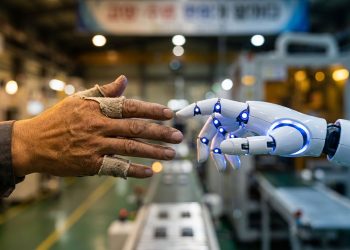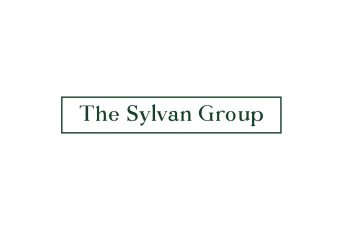South Korea announced the hydrogen-powered trams project development. The investment amounts to $35.8 million, and it will commercialize the hydrogen tram plant by 2023. The project is said to be hydrogen-powered mobility to empower the next-gen eco-friendly urban transportation.
The project aims at finding various methods to improve hydrogen fuel cells by the country’s automotive industry leader, Hyundai, for the Nexo SUVs model. The Ministry of Trade, Industry, and Energy reported on Thursday.
The project is presently in its trial period, where the core technologies will be secured for commercializing 480kw fuel cells through Hyundai Motor’s NEXO crossover SUV. As a result, it will create and supply energy for trams corresponding to 95k hydrogen fuel.
The test is expected to develop technical standards and set driving performance assessments. Additionally, the trial period phase will also assess its driving environment and operational tech verification.
Reportedly, the Korea Automotive Technology Institute will work on the Hyundai Nexo SUV and storage system along with seven university research centers and hydrogen vehicle parts manufacturers. With this, the team will have a large cabin on the tram roof through converted hydrogen fuel cells installed by the joint venture.
Hydrogen trams do not require huge power infrastructure, as they run on fuel cells. Consequently, the trams have the price at the same level as their public transport counterparts, including subways.
To support automotive infrastructure, South Korea will start the construction of hydrogen charging stations for trams. The test run for the same will be launched in Ulsan by the end of 2022.
“By using the global leading hydrogen vehicle making capabilities and experience of Korean companies, we’ll be able to fast commercialize hydrogen trams and gain an upper hand in the global eco-friendly train market,” the ministry official stated while speaking to the media.
Although research and development is underway, the mass production of hydrogen trams is likely to start by 2024. With this, South Korea may begin its international trade to Europe and South Asia within the next few years.
Germany and Japan are presently looking into hydrogen fuel investments to gain the early-stage market advantage in the international market. Both countries will be commercializing their projects in the coming years. South Korea aims to go carbon neutral by 2050, encouraging a hydrogen economy, and the hydrogen tram happens to be one of the many projects on its list.







